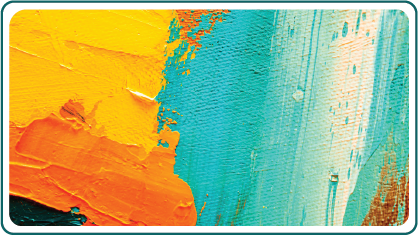Autism and Grief
$0.00
This free presentation is designed to empower social workers, nurses, paraprofessionals, speech therapists, occupational therapists, and other caring professionals in their service to adults with autism experiencing grief and loss. Expert panelists examine the disenfranchisement that can occur for grieving people with autism and discuss ways to enfranchise them during their grief journey. The program also addresses grief after non-death losses, anticipatory mourning, and how adults with autism may best be supported.
Continuing Education
An exam is required to obtain professional CE certification for this course. Don’t need CEs? See below for more details.
Learning Objectives
At the conclusion of this presentation, participants will be able to:
- Describe the autism spectrum and the highly individual nature of both autism and grief.
- Discuss the many ways that an adult with autism may react – or not – to loss.
- Define Doka’s theory of disenfranchised grief and indicate how disenfranchisement can complicate the grieving process, particularly for adults with autism.
- Identify three ways to enfranchise adults with autism in the grieving process.
- Discuss the ways that persons with ASD may experience their own life-threatening illness or that of a loved one.
- Identify several support techniques when addressing serious illness and loss, taking into consideration effective communication and other person-centered techniques.
- Discuss strategies for partnering with clergy and others who may be involved in grief supports.
- Identify three ways in which, in the context of your work or your community, you can help support autistic individuals and their families in their ongoing grief beyond the immediate period of the funeral and burial.










